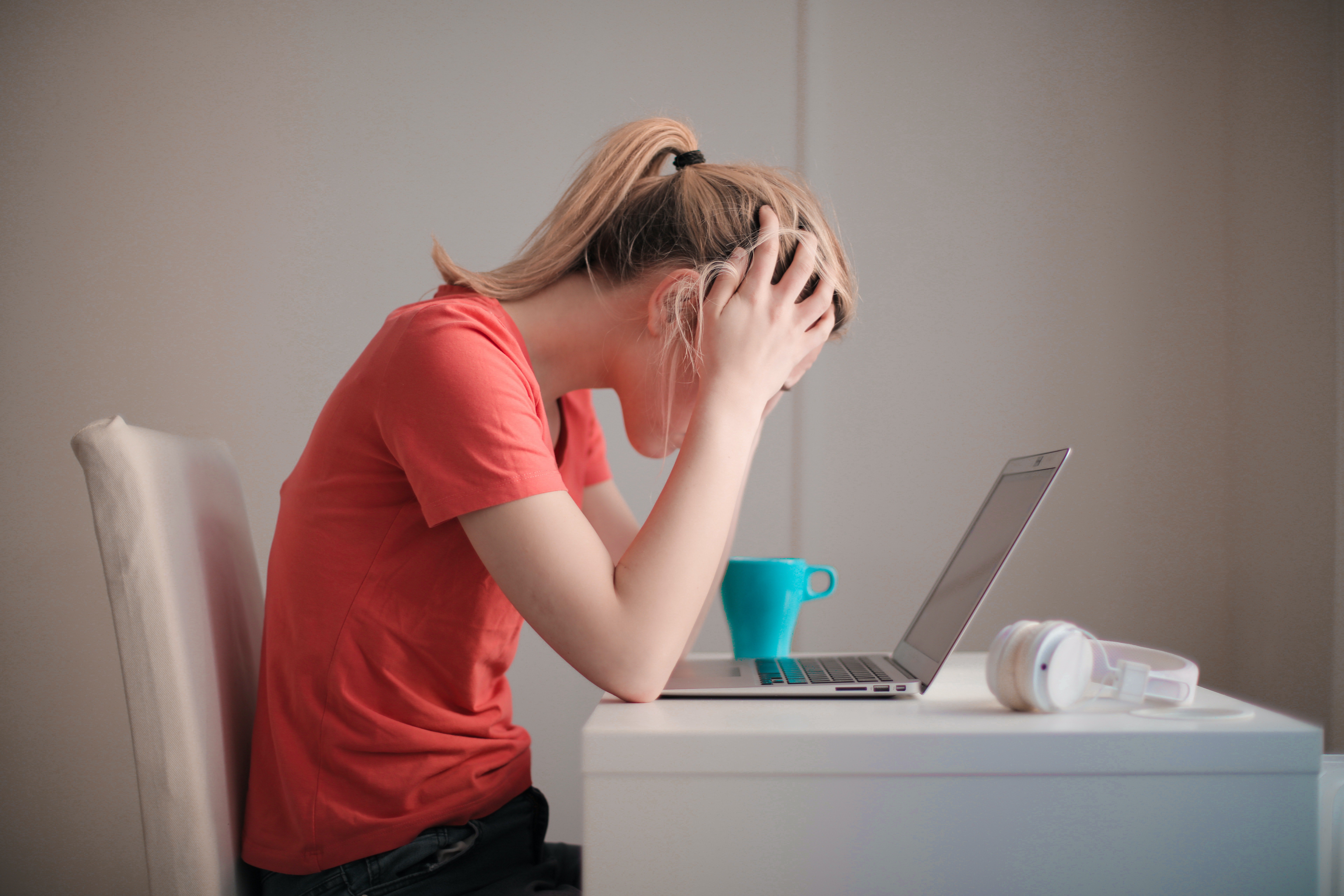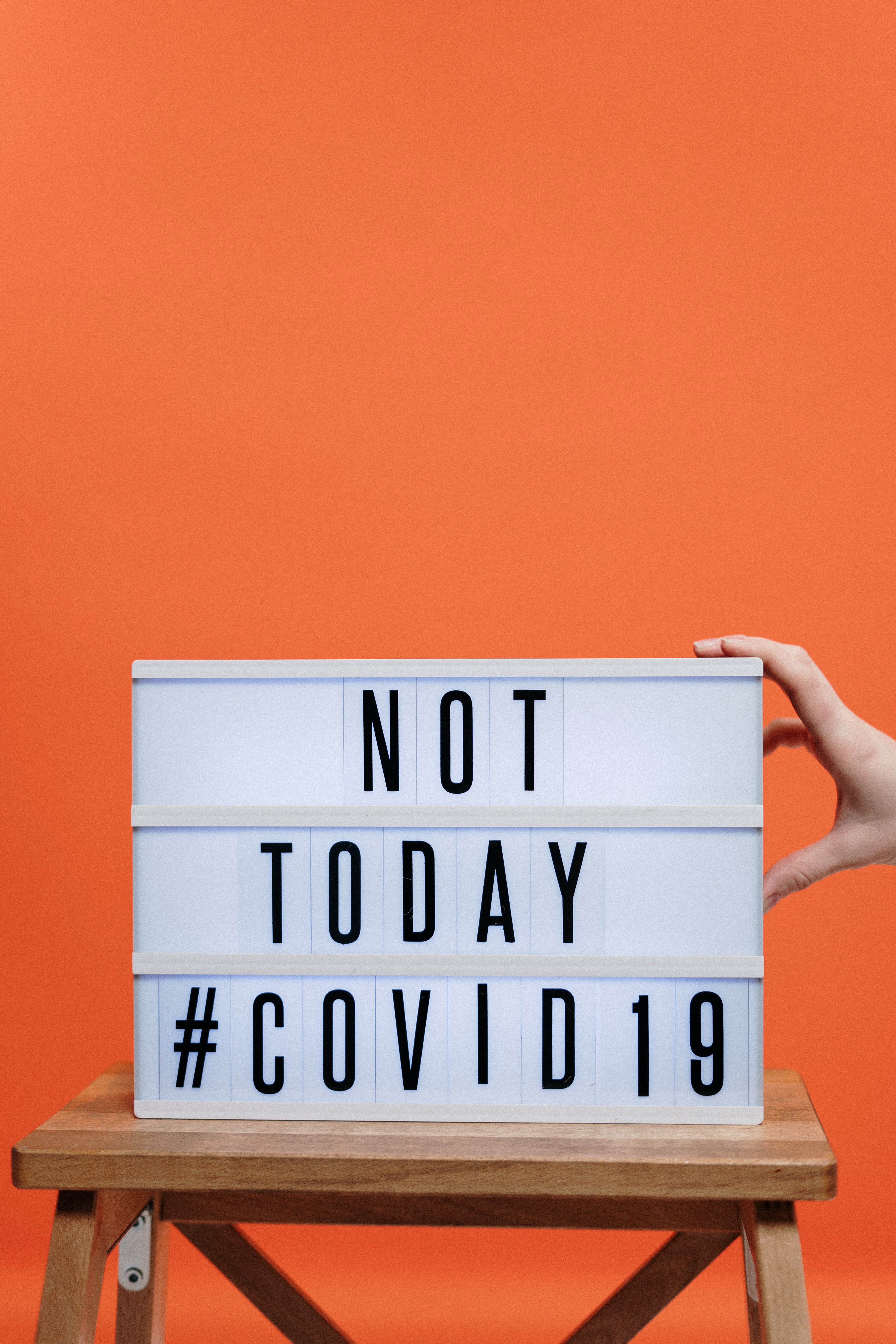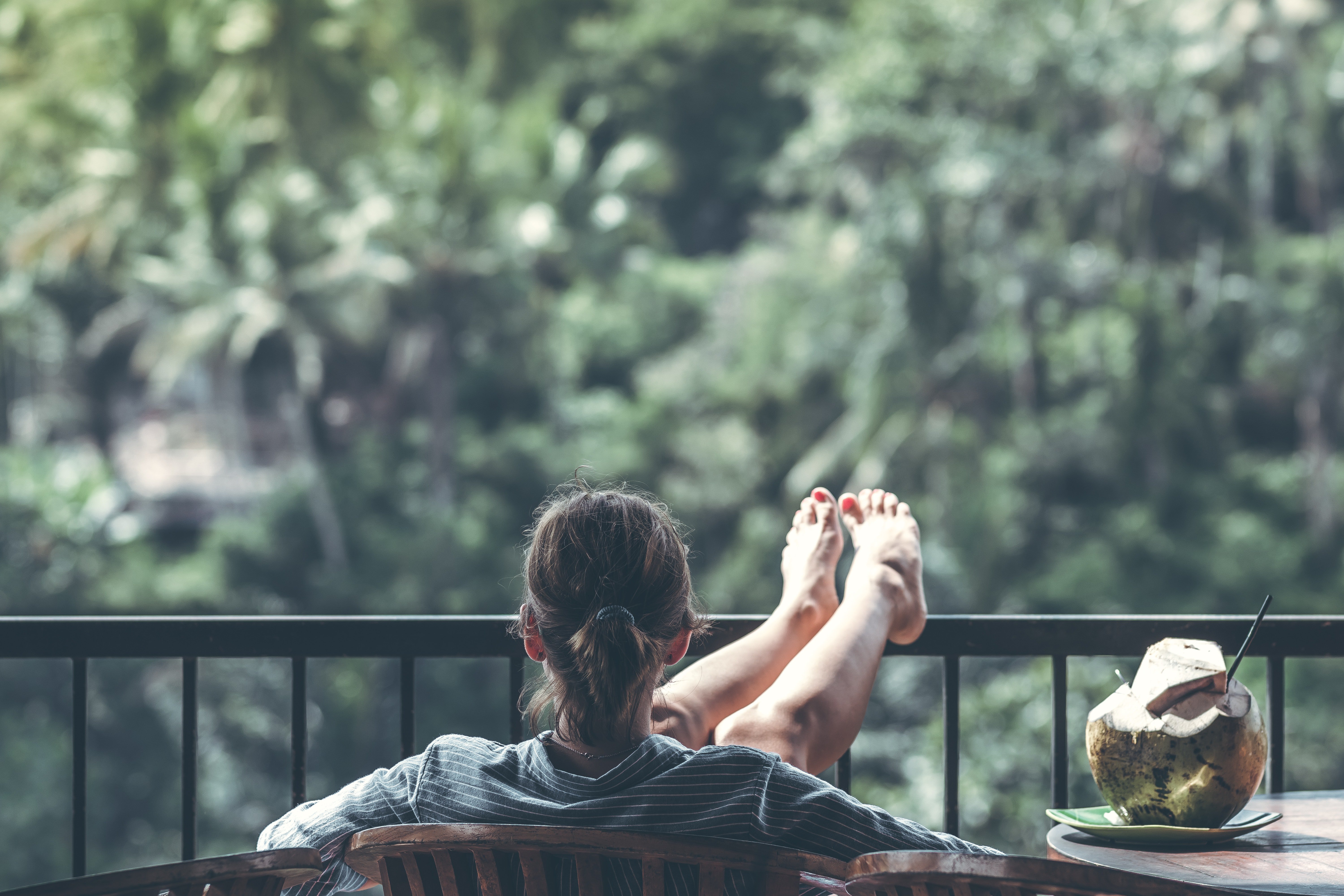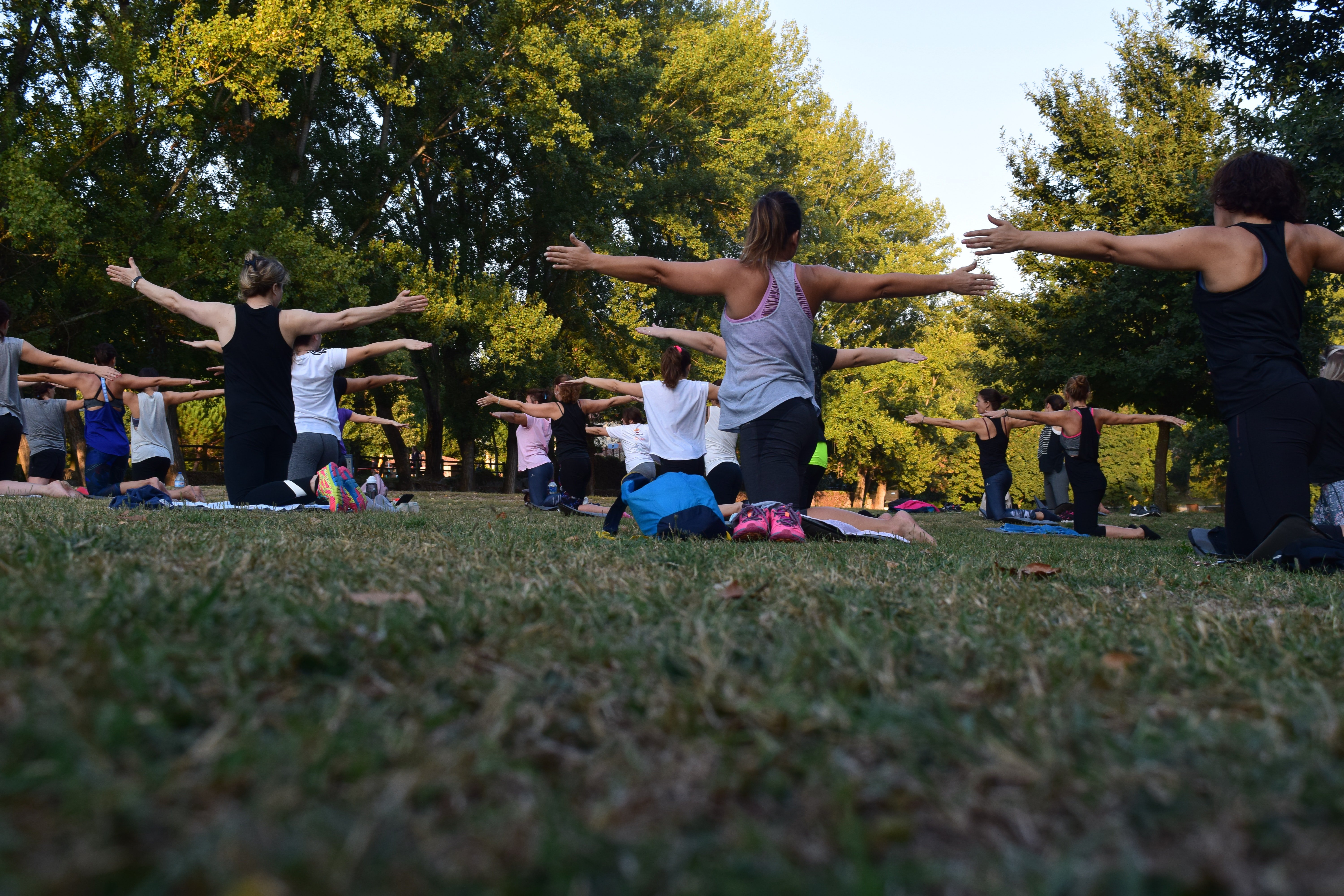One Pandemic, Several Lockdowns, And Far Too Few Vaccines: How To Cope With Dwindling Mental Health In These Hopeless Times
6 minuteRead

Countless times during the course of the past few months, I’ve found myself staring at the wall trying very hard to imagine what life’s going to look like post lockdown. But all it takes is a simple scrolling session through Instagram or Twitter for me to abandon all hope of that possibility. And if all the news regarding the ever-increasing number of COVID cases and different colored fungi (as well as the infections they bring with them), or the memes about the lack of available vaccines and the lockdown being extended has you feeling overwhelmed and exceptionally nihilistic, then you’re not alone. Several studies have found that adults worldwide have been reporting staggeringly high levels of stress and anxiety, with problems ranging from mild and short-term distress to chronic, progressively worsening, disabling conditions. As psychiatrists and therapists scramble to keep up with the volume of distress calls and clients coming their way, researchers continue to look into the causes and impacts of this stress.
The Nature Of Mental Health Struggles Differ Based On Gender, Age, And Social Class
Common triggers of this stress include limited social interactions, tensions within families while being in lockdown together, fear of illness, and constant exposure to news of death and destruction. For many who have informal, daily wage jobs, the widening economic crisis, and unemployment has led to a sense of hopelessness and distress. The result of this for many has been to engage in unhealthy coping mechanisms such as alcohol, drug and tobacco abuse and addictive behaviors, such as online gaming and gambling. However, despite there being common stressors and coping mechanisms, the specific causes of mental health woes differ based on age, environment, gender, and social class.

For instance, young people, particularly young women have been found to be more vulnerable to developing mental-health problems as compared to their older, male counterparts. Forced isolation from peers due to social distancing and having to worry about the health of their loved ones has left several children, adolescents, and young adults open to chronic stress. That along with school closures, loss of routine, and lack of social connection makes loneliness the most prominent emotion across this age-group. Loneliness is strongly connected with depression in young women and social anxiety in young men. Since most mental health conditions develop during childhood and adolescence, experts worry about the lasting impact of the pandemic on children.
Within healthcare workers, lack of manpower, shortages of protective equipment, discomfort of being in the said protective equipment for hours without food and water, untimely deaths, fear of contracting or spreading the infection to their loved ones, separation from loved ones, and stigmatization by their communities has increased levels of anxiety, depression, insomnia, and symptoms of obsessive-compulsive disorder. Healthcare workers also have a greater chance of developing posttraumatic stress disorder.
Since the media, especially at the beginning of the pandemic, portrayed COVID as a disease of the elderly, older individuals had to cope with social stigma, negative stereotypes, age-based discrimination, and more stringent (sometimes excessive) isolation which led to distress within this population. Not to mention, the lack of access to resources like medical care, hospital beds, and medicines can induce panic. Studies have found that the elderly who’ve been admitted to the ICU over the course of this pandemic are at a greater risk of cognitive impairment with significant psychological repercussions.

Recognizing that COVID isn’t the only thing tearing through several countries wreaking havoc, I’d be remiss not to mention homeless people and refugees who live in conditions that aren’t conducive to good health. Since most live in tightly-packed shelters, halfway houses and don’t have access to basic hygiene facilities or healthcare, a pandemic becomes extremely distressing and anxiety-inducing. There have been reported cases of substance abuse and worsening of mental health conditions within this population due to COVID.
In people with prior mental health conditions, the pandemic has triggered relapses or led to worsening of symptoms, especially when it comes to anxiety, depression, suicidal tendencies, panic, and delirium. Patients who need regular support are struggling with access to medication, regular therapy sessions, and consistent schedules. In fact, the pandemic has led to disruptions in several mental health and social services such as mental health programs in schools, support group services, counseling interventions, community outreach services, critical harm reduction services, suicide prevention services, etc. In addition to this, increasing cases of COVID within rehabilitation homes have led to premature release for a lot of patients, leaving them struggling to keep up with the progress they’d made earlier.
Practicing Self-Care Is Key To Keeping Your Mental Health In Check
Recognizing that the pandemic has affected people across communities, age groups, and social strata is only the first step towards working through the damage it has inflicted upon mental health. I’ve gathered what I could find from across different advice columns, articles, and journals by mental health professionals, to help develop good mental health practices and stay sane in these troubled times.

The first, most consistent advice has been to stay safe enough to keep the virus at bay, i.e practice handwashing and physical distancing. That said, for some, this might be the very thing that worsens or triggers mental health complications, such as obsessive-compulsive disorder (OCD). If that holds true for you, talk to a professional to help come to an understanding on what’s healthy and what isn’t so you can keep the virus away while also protecting your mental health.
The second, very valuable bit observation has been the importance of managing how much content we consume on a daily basis. Scrolling through post after post about deaths and COVID will only fuel anxiety and potentially lay the foundation of post-traumatic stress disorder that will manifest years later. Try and keep a check on how often you check the news on covid, switch from news channels to watching a movie or a TV show, mute certain keywords that cause an anxious response and don’t be guilty about disengaging to keep your sense of self intact. Besides this, avoid reading distressing news before bedtime and do not forward alarming, panic-inducing messages to loved ones. Talk to them about doing the same for you.
Besides these, there’s no substitute for social connection. Physically distancing yourself doesn’t have to be socially depriving. Pick up the phone and text or call a friend to share details about your day, thoughts, and frustrations with them and to listen to them in return. Knowing that there are people out there who have our best interests at heart can help us feel safe, heard, and loved. Make use of what technology has to offer by signing up for apps that foster conversation or offer multiplayer game options. Host an online book club or set updates with your friends over video call, your options are unlimited. And although it’s just not the same, you’ll find that keeping in touch will help you keep your peace of mind. Be sure to talk about things other than the crisis we’re dealing with.
Finding ways to contribute and practice empathy can be a great way of coping with your own struggles. See if you can get involved with a volunteer group online or contribute financially to one in some way. Head out (with your mask on) to feed stray animals in your locality. This will help keep a sense of purpose alive and get you to look forward to something every day.

Be sure to stick to a routine. Although it sounds corny, it’s some of the most invaluable and honest bits of advice most therapists will give you. Our brains need predictable activity so we can relax our ever-vigilant nervous systems. Follow the “early to bed, early to rise” mantra and remember that our moods are invariably tied to our activities and thoughts so to switch one, you’ve got to switch the other out. Stay creative and precise with what you consume and indulge in delicious, healthy food that speaks to your soul (even if that means a homemade pizza with a cauliflower crust!) Don’t forget to take some time out to work out as well (dance challenges on reels count!).
And finally, reach out to see if you can speak to a trained professional if you’ve been feeling exceptionally overwhelmed. This will help you build healthy habits and actively work on being healthy in the true sense of the word. In the meantime, the world awaits as scientists look at scores of data from various studies to understand how mental health woes due to the pandemic impact people’s well-being in the long term and build systems to manage and avoid the same in the event of (God forbid) future pandemics.
Write, Record and Answer! Consume Unlimited Content! All you need to do is sign in and its absolutely free!
Continue with one click!!By signing up, you agree to our Terms and Conditions and Privacy Policy.










